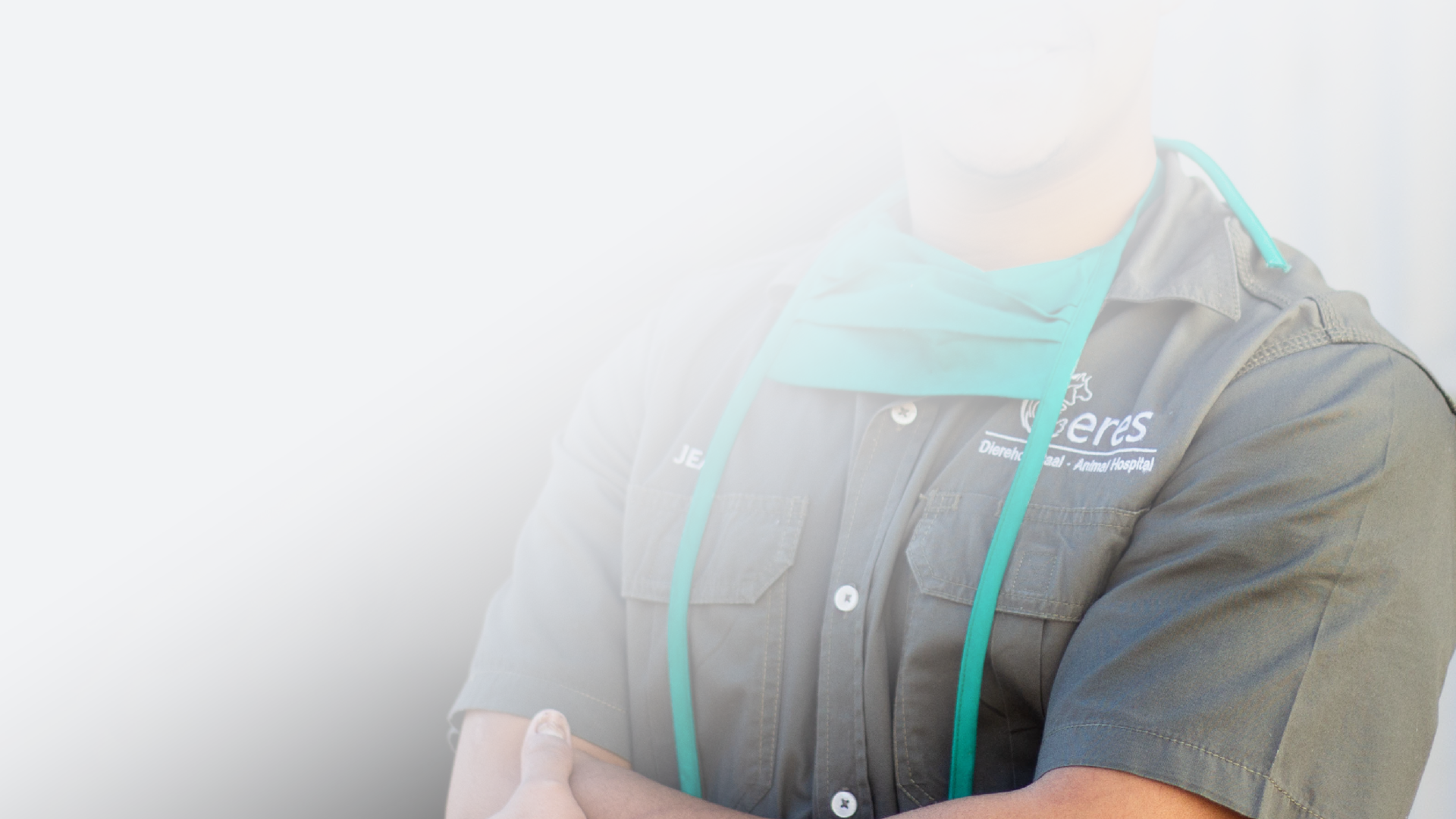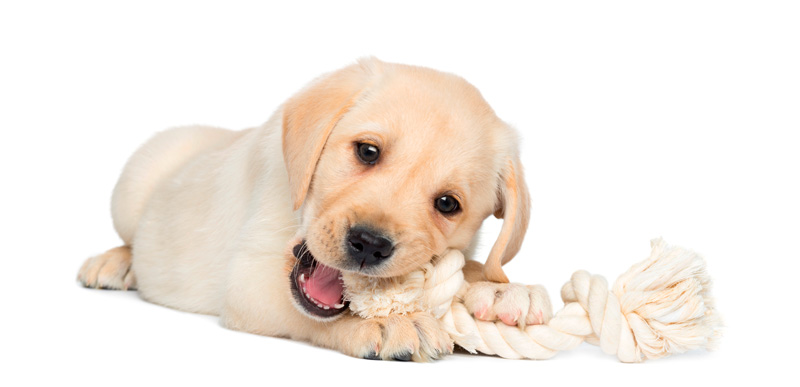 Having a new puppy join your family can be one of the most exhilarating experiences for a family but if not done the right way it can have disastrous consequences. People often let emotions get the better of them and don’t make informed decisions. A new puppy will become part of the family for the rest of its life and you will be responsible for its wellbeing. Before getting a new puppy, there are a number of things one has to consider.
Having a new puppy join your family can be one of the most exhilarating experiences for a family but if not done the right way it can have disastrous consequences. People often let emotions get the better of them and don’t make informed decisions. A new puppy will become part of the family for the rest of its life and you will be responsible for its wellbeing. Before getting a new puppy, there are a number of things one has to consider.
What type of puppy should you get?
This depends a lot on your personality, lifestyle and the type of accommodation you live in. Families that enjoy spending time outdoors will enjoy an energetic dog that can keep up with an active lifestyle. If you and your spouse both work long hours, getting a dog that needs plenty of exercise will put unnecessary strain on the family. Active dogs need more space to move in like a garden where they can play and romp around. Having an extremely active dog spend its whole day in a small garden will most likely lead to destructive behaviour and bad habits will soon form due to boredom. A good example of a small dog that needs plenty of space is the Jack Russell Terrier. These dogs are extremely active and need to be kept busy. If you only have a small garden and your pet will spend most of the time indoors, rather think of getting a small toy breed that loves lazing around on laps. Always keep in mind that lapdogs tend to become extremely attached to humans, and will need someone around most of the day. If you have children, choose a dog breed that is known for a good temperament with kids. Most dogs that grow up with children will be comfortable around them, but it is useful to take the time to research the type of dog you are considering to see if it is suitable to be around small children. Remember the importance of teaching young children how to handle and treat dogs. Even the most child friendly dog will snap if he/she is pushed too far by ignorant small people.
Are you financially able to afford a pet?
Lots of people will buy a puppy on a whim, not realising that that cute puppy will grow up one day, and you will have to look after it for the rest of its life. Taking good care of your puppy can be costly. They need a proper diet and they need veterinary care. After a puppy has been weaned from its mother it will need to be regularly dewormed and vaccinated to protect it again several infectious diseases and internal parasites. The initial vaccinations need to be followed up with several monthly, and later, yearly booster vaccinations. Your puppy will have to be sterilised (also referred to as neutering or spaying). Not sterilising your dog and keeping it intact if you are not a breeder, can lead to unwanted litters and is also not in the animal’s best interest from a health point of view due to the risk of infection and cancer in later years. By practicing preventative healthcare you have the best chance of limiting your vet bills to the minimum, yet even with the best pro-active health care your dogs may still be run over or land up in a dog fight in the park or experience some other kind of trauma. This may require intensive veterinary care. Depending on the extent of the problem, the cost may be very expensive because veterinary hospitals and clinics, just like human hospitals, require sophisticated and advanced equipment and facilities to provide the best care. Even if your dog is kept indoors or behind high walls and fences, it may still contract diseases or cancer, which may require comprehensive diagnostic work ups and treatment. If you do not make provision for proper veterinary care, you may not be able to afford it when required, which will most certainly not be in the animal’s best interest. Considering medical aid for your pet is a great idea.
Where should you buy a puppy from?
Do your research before making a hasty decision. Look for reputable breeders to buy from. Be careful to buy a puppy from a pet shop or puppy farm. Go to the premises where you want to buy your puppy from yourself, and do not fetch a puppy from another location. Seeing where the puppy stays is very important and provides valuable information in deciding if you want to buy from that specific breeder. It is certainly not a good idea to commit to the purchase before you have been to the premises. The area where the dogs are kept should be clean, dry and warm. A kennel where pups have limited contact with humans should be avoided. A good breeder will spend a lot of time with the puppies and should be able to give you information regarding each puppy’s personality. Always ask to see at least one of the puppy’s parents, preferably both. Seeing the parents can give you an idea of what your puppy will look like when it is fully grown. The parents should be well socialised and not be fearful or aggressive to people or other dogs. Although there is no guarantee that a puppy will have the same temperament as its parents, the temperament of the parent should give you a good indication of what their offspring’s temperaments will be like. The general health of the parents is important. Are their coats healthy and shiny? Do they walk with a normal gait? Do they have any visible conformation problems? A responsible breeder will never sell puppies younger than 8 weeks of age. Taking a puppy away from its mother at too young an age may lead to serious behavioural abnormalities later on life. By 8 weeks of age, the puppy should have had its first visit to the vet where it would have been examined properly and given its first set of inoculations and deworming treatment. Make sure that the breeder gives you a vaccination certificate from a registered vet. This first veterinary visit is important because the vet may be able to pick up any genetically transferred or birthing (also known as congenital) abnormalities or defects. Some of these abnormalities include heart murmurs caused by heart defects, abdominal hernias, eye defects and neurological defects like hydrocephalus. A vaccination certificate is not a certificate specifying that the puppy is healthy in all respects but it does give you peace of mind that the puppy would have been examined by the vet and given the correct vaccine and deworming. The vaccination certificate needs to be signed by the vet to be legitimate.
How do you choose the right pup from the litter?
Ideally you should visit the pups a few times before taking one home. Watch the pups from a distance and note their interaction with one another. The puppy should be active and playful, but it should not be too dominant or overbearing with its litter mates. Choose a puppy that comes running up to you with its tail wagging and head held up high. Choosing the most boisterous puppy may not be the best thing. The puppy’s energy levels should match up with your family’s activity levels and the space you have available. Many times people will choose the runt of the litter because they feel sorry for it. Unless you are willing to invest a lot of time and effort into it and also potentially, a lot of money, it is not a good idea. Have a look at the general health of the pups. Are they well fed, do they have shiny coats and clear non-weepy eyes? They should not be soiled around their backsides and should not be limping. Pick up the puppy and hold it for a while. It should settle in your arms for a little while and should not squirm and try to get away immediately. Conduct a hearing test by clapping behind the puppy’s head where it cannot see your hands or dropping a set of keys, and see if it responds. The pup should look around and see where the noise comes from. This is by no means a failsafe method to establish whether the puppy has good hearing, but is one of the checks you can perform yourself to do a general assessment of the puppy’s health and senses. Look in the puppy’s mouth and ears and take notice of any discharges or foul smells. Touch the puppy all over its body and run your hands down the puppy’s body from head to tail on all side to feel for lumps or bumps which are not normal. If you work gently the pup should respond positively by not trying to get away from you at all cost.
Once you have finally chosen your puppy, make sure your home is ready for the new arrival. Speak to the vet about which diet is the best to feed your new family member and if it is different from what the breeder has been feeding you may have to introduce the new food over a few days whilst weaning it off the old food. Make sure your home is safe for a puppy. If you have a pool make sure the pool is covered or fenced off. Puppies love to chew on things so make sure electric wires are tucked away. One of the best things you can do for your pup – and yourself – is to enrol in a puppy school or puppy socialisation programme. Here your puppy will learn how to interact in the right way with other dogs and people, and you will be taught the basics of obedience training.
Responsible pet ownership brings much joy to animals and the people who keep them and by following these guidelines, you will have a head start in building a life time of happy memories and a great bond between you and your dog.
© 2018 Vetwebsites – The Code Company Trading (Pty.) Ltd.


